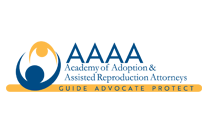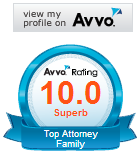Many residential tenants in the Central Florida area unfortunately find themselves asking this question, as many landlords owe more on their properties than they are worth.
First, make sure that when you do rent from a landlord, you have a signed, written lease. If you do not understand all of the terms of the lease, you might want to take it to an attorney for review. Having a written lease provides a residential tenant a lot more security when the landlord is either being foreclosed or is pursuing a short sale.
If the property is sold in a short sale, the new buyer must honor your residential lease. Do not let the realtor or landlord threaten you into vacating — you have rights if you have a written lease! The landlord or realtor might offer you “Cash for Keys” in order to get you to break your lease and vacate the property. This might actually be a good deal for you, but you do not have to take it. Carefully weigh the pros and cons before accepting it.
If your landlord is in foreclosure, you also have protection under the federal Protecting Tenants at Foreclosure Act of 2009. This Act allows a bona fide tenant with a written lease to stay through the end of his or her lease. If you do not have a written lease, or if your lease expires before the foreclosure action is over, the Act still requires the bank give a tenant 90 days notice before the tenant must vacate.
If you think you are being strong-armed to vacate the property, please contact a lawyer so that your rights are protected!






